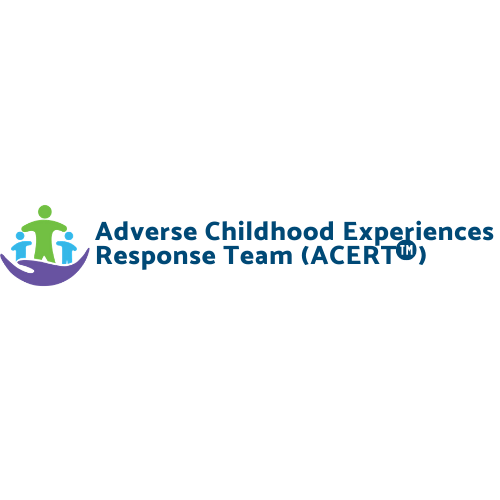ACERT Program Overview
The Adverse Childhood Experiences Response Team (ACERT) Program takes a two-pronged approach to bringing awareness, prevention, and intervention to the community around adverse childhood experiences and their potential impact on individuals and families in connection with health and behavioral outcomes in adulthood. The work focuses on two strength-based approaches:
Trauma-informed training to first responder populations and social service agencies to foster a competent, compassionate, and effective workforce around ACEs, trauma, and mitigation
Implementation of a systematic and collaborative referral process that connects children to community partners who share the vision of the program for provision of direct services (i.e. evidence-based therapy, recreational & Therapeutic based groups, mentor programs, etc.)
Program Launch
In 2015, representatives of the Manchester Police Department came together to share concerns about leaving children in homes following traumatic events without supports or resources, while adults involved in incidences were referred to appropriate supports.
Aside from making calls to the local child welfare agency in cases of suspected neglect and abuse, officers felt they did not have resources to offer families and children who were traumatized through their exposure to the events that precipitated calls to the police and felt that the cycle of violence, victimization, and crime would perpetuate in the family without support.
In examining Manchester police data, officers revealed that more than 400 children had been exposed to violence in 2014.
Informed by the evidence-based Yale-New Haven Child Development-Community Policing Program, The Police Department partnered with Amoskeag Health, Project LAUNCH - Linking Actions for Unmet Needs in Children’s Health, and YWCA-NH to create the Adverse Childhood Experiences Response Team (ACERT). Using a trauma-informed approach, ACERT addresses the emotional and physical needs of children following first responder calls and ensures that they have access to services to reduce trauma and encourage healthy development.


